
Hemp is a fantastic plant with a wide range of incredible applications, including being used to make fabrics and plastics, and in the production of CBD oil.
If you’ve got an entrepreneurial streak, growing hemp might seem like it’d be a savvy way to cash in on the emerging cannabis market.
So is it actually legal to grow hemp in the UK?
In this article, we’ll take a look at the conditions surrounding the legalities of growing or otherwise producing hemp in the UK, and the reason why it’s not a popular crop among farmers in the UK.
But first of all, what exactly is hemp anyway?
Hemp is a term commonly used to describe cannabis plants from the Cannabis sativa family, belonging to the Cannabaceae family which is a small family of plants including around 170 different species.
Despite the stigma still attached to cannabis (and, by association, hemp), it’s important to note that hemp is different to “street” cannabis, which has different cannabinoid levels.
The main difference is it contains a much higher level of THC (Tetrahydrocannabinol), which is the psychoactive compound that produces the “high” associated with recreational cannabis use.
In contrast, hemp plants contain only a very small amount of THC, so will not get users intoxicated in the same way.
Hemp is an incredibly versatile plant, with its seeds, leaves and flowers commonly used to make everything from fabrics and clothing to rope, paper, biofuel, soaps, plastics, and even cooking oils.
Interestingly, because of its wide range of uses, during the reign of King Henry VIII, growing hemp in the UK was actually compulsory, and if you didn’t grow enough hemp on your land you would be in violation of the law.
However, many years later, as the use of recreational cannabis became more widespread, growing hemp was banned because it was stigmatised alongside higher THC strains.
Thankfully, today, that stigma is slowly but surely being eradicated as hemp has proven to be a valuable and genuinely useful substance.
In short, yes, hemp is legal to grow in the UK, but there are a vast array of rules by which you must abide if you wish to participate in profiting from the hemp industry legally.
Despite the hemp industry in the United Kingdom taking some steps ahead in relatively recent years, with the government legalising the growth of industrial hemp plants in 1993, there are still some outdated rules and regulations that make it difficult for farmers in the UK to grow hemp profitably.
It is estimated that there are around 800 hectares of land dedicated to growing hemp in the United Kingdom, and while that is a promising figure, it falls far behind the rest of Europe, which cultivated more than 33,000 hectares in 2016.
To grow hemp in the UK, you will need to apply for a license from the Home Office to grow hemp for industrial purposes, which allows the holder to grow a ‘controlled substance’ provided they meet a certain set of criteria.
These licenses cost around £580 for the first year, and then around £326 to renew the license each year.
Before applying for a growing season license, you’ll need to pass an enhanced DBS (Disclosure and Barring Service) check.
You’ll then have to provide detailed information about your crop, and you must let the local police know where you are going to be growing your hemp plants as there are certain restrictions to keep in mind that govern where hemp can and can't be grown legally.
For example, you can't grow hemp in an area that is close to a school or anywhere that is publicly accessible, which limits the number of potential growers.
The type of seeds you can use is also limited to certain EU-approved strains that contain less than 0.2% THC, although this could change in the future given that the UK is now no longer part of the EU.
The Home Office is also known to send officials to check out your operation for compliance, which can result in additional costs, so it’s imperative that you ensure that you are following all of the regulations.
Much of the difficulty with growing industrial hemp in the UK comes from the outdated laws surrounding the crop.
Even though Hemp has a low THC content, so is not capable of getting users high, it is still classed as “Cannabis” which is a controlled substance under the 1971 Misuse of Drugs Act.
This means when farmers in the UK harvest hemp they are obligated to destroy the stalks, leaves and flowers; which has a negative impact on the profitability of growing industrial hemp in the UK.
Despite there being a large number of hoops to jump through in order to grow hemp legally in the UK, it seems that there are a growing number of people across the globe that are interested in reestablishing hemp as a useful and versatile material.
Growing hemp takes a lot of work no matter which country it’s grown in, but the outdated and shortsighted regulations in the UK take a lot of the profit out of growing these useful plants, so it’s not surprising that few farmers choose to produce it.
In 2019, the Centre for Medicinal Cannabis (CMC) concluded that “the hemp industry is not financially viable in the UK long-term unless it can compete on a level playing field with other hemp producers.”
With the UK CBD industry predicted to reach £1billion in 2021, UK farmers are at a huge disadvantage when compared to those across Europe, or further afield, and it seems until the Home Office decides to update the regulations, our farmers will always be playing catch-up.
With the government’s targets to reduce carbon emissions in the coming years, the hemp industry not only offers great potential for the UK’s farmers but could also be beneficial in reaching these green energy targets.
Hemp has the ability to absorb as much as 15 tonnes of CO2 per hectare, meaning it has the potential to make a real difference when it comes to offsetting carbon emissions, so a win for the hemp industry is a win for the environment.
All of our CBD products are produced in the Netherlands, where there are connections with established hemp farmers, but, being a family-run British business, we’d love to be able to work with more people in the UK if the opportunity arose.
Sadly, until the government makes significant changes to the current restrictions, finding hemp or CBD products made from hemp that has been grown in the UK is highly unlikely.
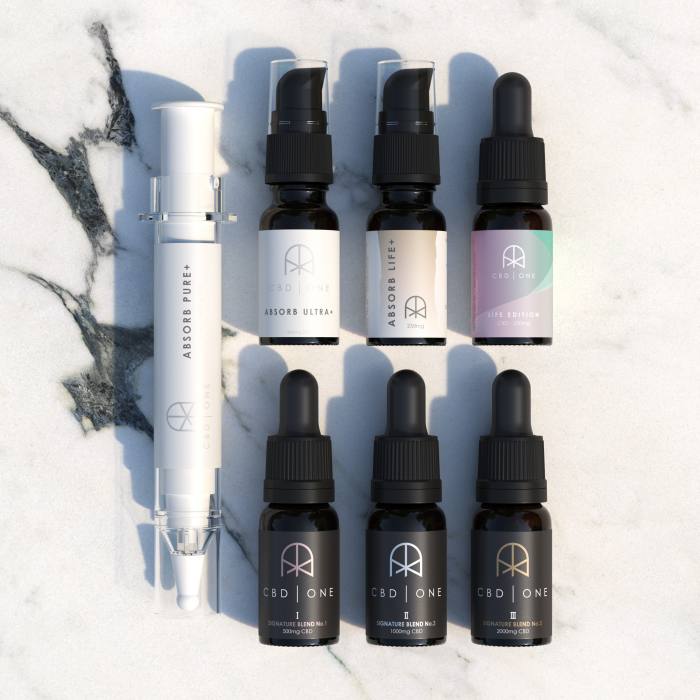
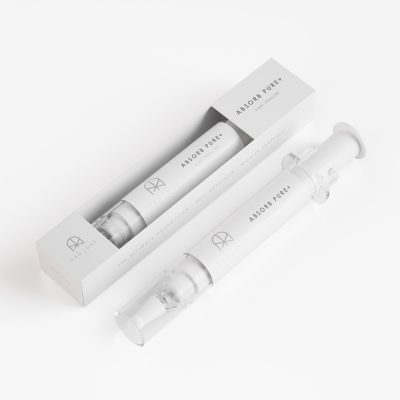
Bioavailability:?Bioavailability | 99% |
CBD content:?CBD content | 800mg | 1600mg | 4000mg |
Cannabinoid spectrum:?Cannabinoid spectrum | Full |
| Daily use: | Once daily |
Best for:?Best for | Powerful water-soluble option |
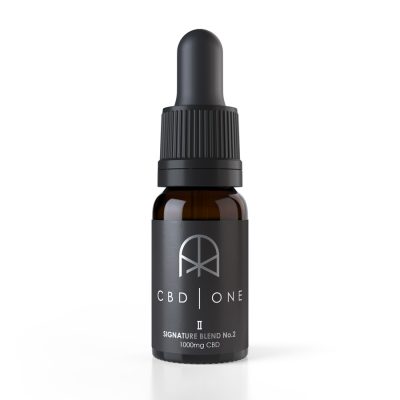
Bioavailability:?Bioavailability | 12 % |
CBD content:?CBD content | 1000mg | 2000mg | 5000mg |
Cannabinoid spectrum:?Cannabinoid spectrum | Full |
| Daily use: | 1-3 times |
Best for:?Best for | All round oil |
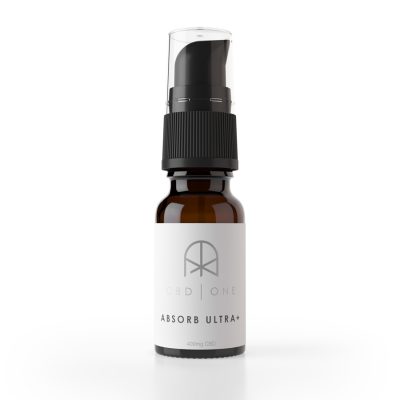
Bioavailability:?Bioavailability | 99% |
CBD content:?CBD content | 400mg | 800mg | 2000mg |
Cannabinoid spectrum:?Cannabinoid spectrum | Full |
| Daily use: | Once daily |
Best for:?Best for | Great all-rounder |
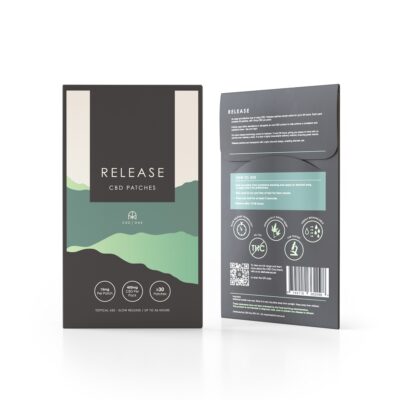
Bioavailability:?Bioavailability | 40%+ |
CBD Content:?CBD Content | 450mg | 900mg | 1350mg |
Cannabinoid spectrum:?Cannabinoid spectrum | Pure CBD |
| Daily use: | Once |
Best for:?Best for | Round the clock super-effective dosing |